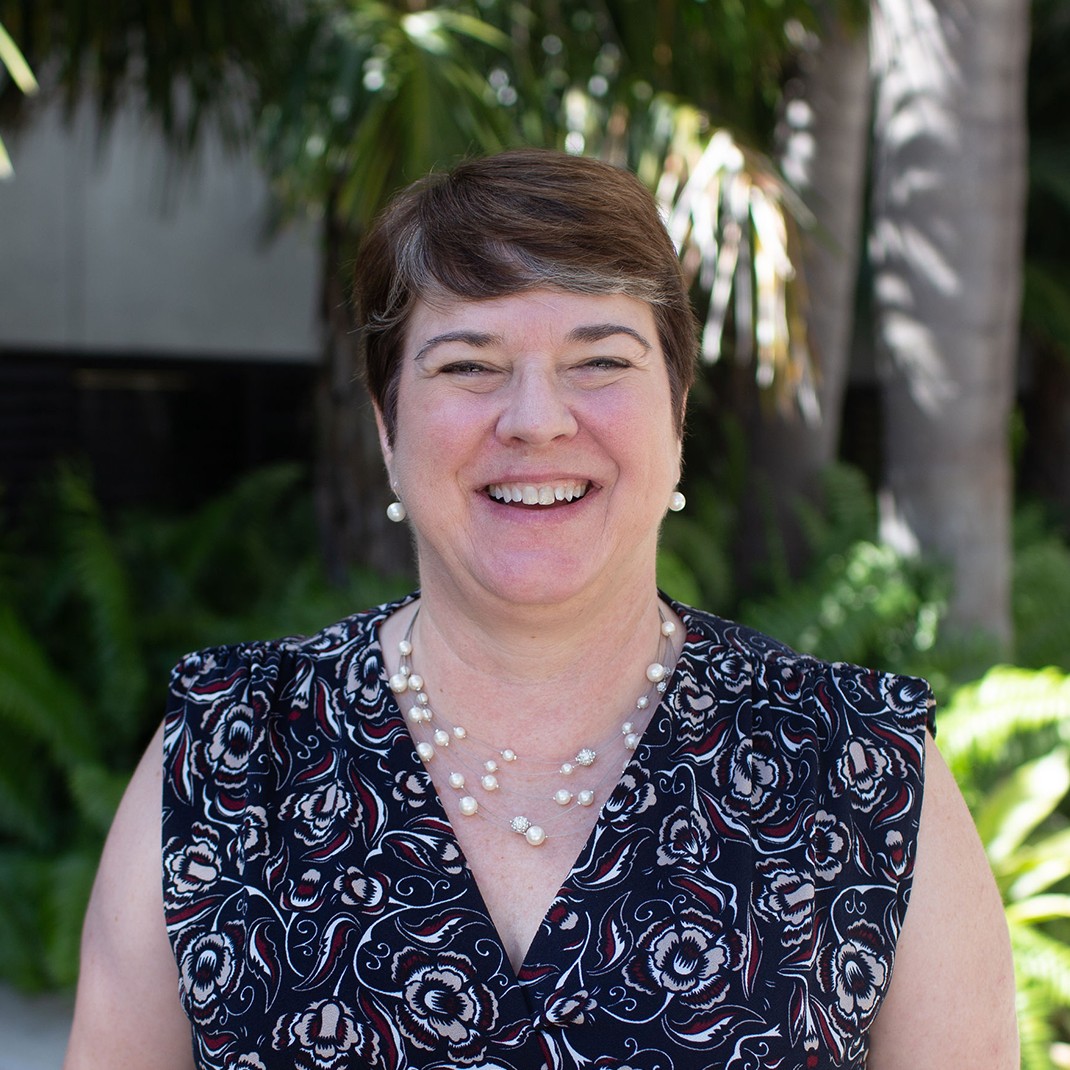The Distinguished Postdoctoral Program, sponsored by the College of Arts, Sciences & Education, is designed to support and enhance the professional development of promising early-career scholars toward potential placement in tenure-track positions. We invite applicants engaged in research in the sciences, humanities and education.
The college is dedicated to ensuring a diverse, inclusive, and scholarly environment. We strongly encourage applications from individuals who are members of groups that historically have been underrepresented in the professoriate and/or who have demonstrated commitment to diversity and inclusion.
College of Arts, Sciences & Education postdoctoral scholars will work with a mentor/scholar of their choice who is a faculty member in one of the college's departments. Scholars are expected to engage in research that advances the research priority areas of FIU and will have the opportunity to be affiliated with preeminent programs and centers.
As part of the application, a faculty mentor will submit a statement of support and a one-page mentoring plan indicating how they intend to guide the career development of the postdoctoral fellow.
Mentors will be expected to help the scholar develop an Individual Development Plan and provide an annual review of the performance and progress of the postdoctoral scholar’s activities in accordance with the expectations and responsibilities of postdoctoral scholar mentors, as laid out by FIU’s Office of Postdoctoral Services.
While the primary focus for the postdoctoral scholars will be to conduct scholarly activities and research, they will also be expected to interact with graduate students, participate in outreach efforts and submit competitive research proposals where appropriate. The postdoctoral scholars will have the opportunity to teach if desired and will also be able to interact with faculty from across the college as well as additional FIU faculty and external partners affiliated with the university.
Appointments will have a term of one year starting in Fall 2022. A second-year renewal will be contingent upon accomplishments over the past year and require a recommendation from the mentor. In addition to salary, the scholar will receive benefits plus a discretionary fund of up to $5,000/year for research and travel expenditures. Candidates will be selected based on demonstration of scholarly promise and potential future impact on their respective field of study. Candidates must have obtained a Ph.D. from their home institution by August 22, 2022, before the start of their appointment.
Application
Candidates should apply to Job Opening ID 525693 and submit the following supporting information in the order listed below and as one PDF:
- Cover letter detailing the following:
- Introduction, including name of proposed College of Arts, Sciences & Education faculty mentor, who would already have been notified by applicant.
- Summary of proposed research or creative works and its broader impact in the area of study.
- Potential for cross-collaborative opportunities if applicable.
- How this work will form the foundation for your long-term scholarly pursuits.
- Career goals and how the distinguished postdoctoral scholar position will help you achieve your professional goals and transition to an eventual faculty position.
- Diversity Statement (1 page, 11 pt. font minimum) providing evidence of commitment to and impact on diversity, equity and inclusion. A guide is available.
- Proposed research or creative plan (2 pages, 11 pt. font minimum) describing:
- Proposed research statement/question or creative activity.
- Approach of research or creative plan, including preliminary data where applicable.
- Impact of work on area of study.
- Research Methodology (if applicable) and proposed timeline.
- CV including funding record such as external grants, travel/research grants, fellowships or scholarships. Indicate amount of funding.
- Statement of Support from mentor using the wording below:
- “I ___________, agree to serve as Mentor forPostdoctoral candidate, _________. I am aware that this document will serve as a statement of support for this candidate and I may be asked to provide a letter of support in the near future if candidate is chosen as a finalist."
- Mentor will need to sign and date the statement, which is to be uploaded as part of the initial application.
- Mentor’s one-page (11 pt. font minimum) mentoring plan. This can be based on the mentoring plan required for National Science Foundation proposals. Examples of activities include career counseling such as identifying short and long-term career and research goals; providing mentoring with an emphasis on the development of independence, including providing detailed advice and assistance on the development of specific research projects; training in preparation of grant proposals, publications and presentations; guidance on ways to improve teaching and mentoring skills; guidance on how to collaborate with researchers from diverse backgrounds and disciplinary areas effectively; and training in responsible professional practices.
- The applicant should also submit the names and contact information of three professional references. Reference letters are not necessary unless requested.
For full consideration, applications should be submitted by January 31, 2022. Applications will be reviewed until the positions are filled.
FIU is a member of the State University System of Florida and is an Equal Opportunity, Equal Access Affirmative Action Employer.
Program Contact
Caroline E. Simpson
Professor; Chairperson
305-348-1565
simpsonc@fiu.edu
DM 418
Distinguished Postdoctoral Scholars
2021-22 Cohort
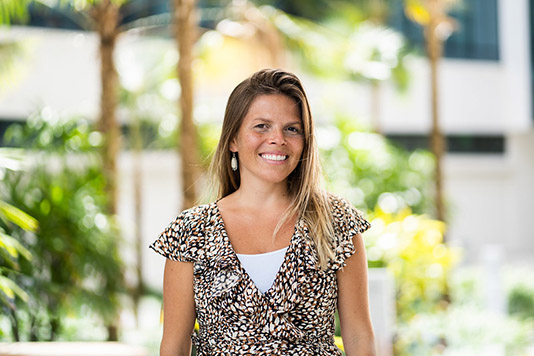
Leila Lemos
Institute of Environment – 2021-22
Leila Lemos investigates how perfluoroalkyl and polyfluoroalkyl (PFAS) chemical exposure affects marine animals. She wants to understand whether there’s a correlation between exposure and increased stress, which will give a better understanding of the short and long-term effects to the animals’ health. She is working with mentor Natalia Soares Quinete, assitant professor of chemistry.
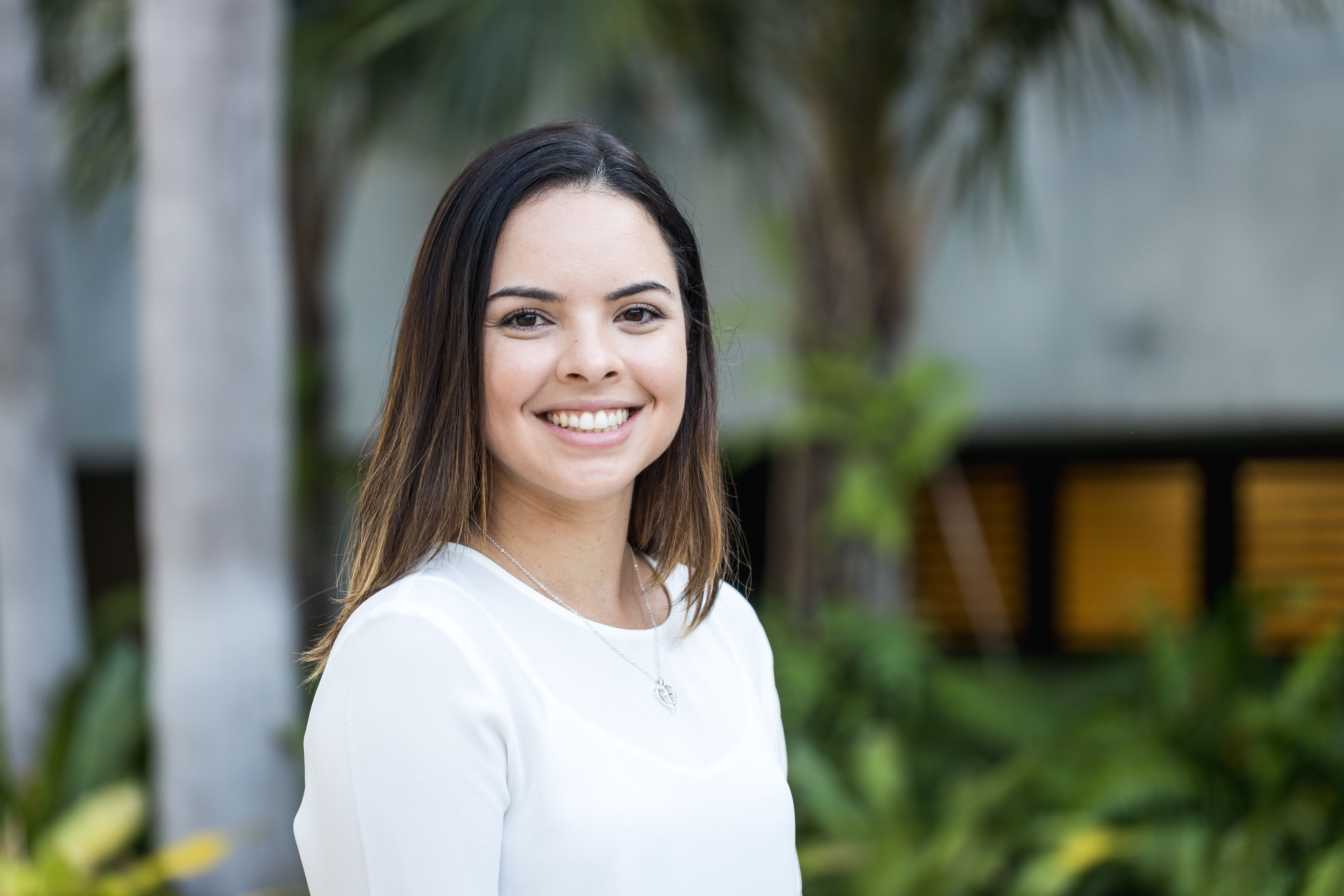
Zahilyn Roche Allred
STEM Transformation Institute – 2021-22
Zahilyn Roche Allred is on a mission to transform the way chemistry is taught in college classrooms. She’s working on a project aimed to develop and redesign hands-on classroom activities that improve learning outcomes. She is working with mentor Sonia Underwood, assistant professor of chemistry.
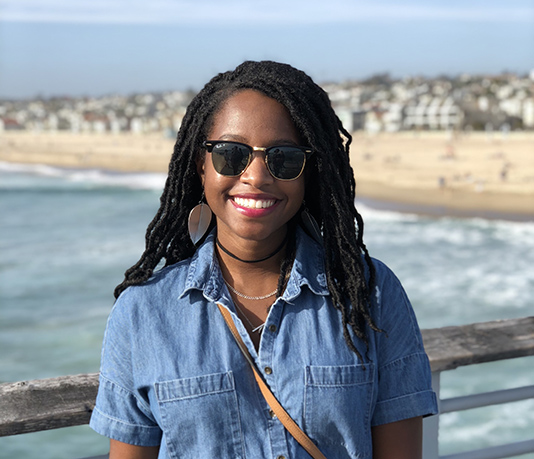
Nandi Sims
Center for the Humanities in an Urban Environment – 2021-22
Nandi Sims is leading research on how race, ethnicity and social dynamics shape language variations in Black communities. She hopes her work can help change perceptions about language, since many beliefs can be harmful and perpetuate discrimination and inequalities. She is working with mentor Phillip Carter, director of the Center for Humanities in an Urban Environment.
Distinguished Postdoctoral Scholars
2020-21 Cohort
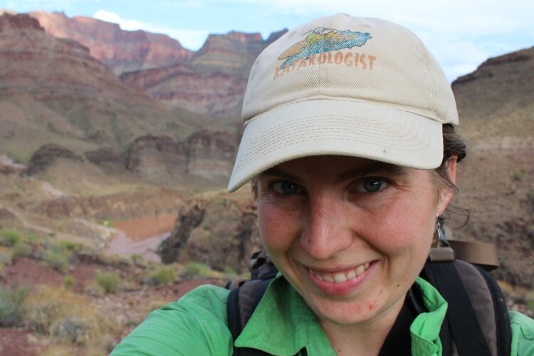
Erin Abernethy
Department of Biological Sciences – 2020-21
Dr. Abernethy’s research has the potential to transform her field of freshwater conservation: She studies not only the ways in which water management with dams affects ecosystems, but also which groups of people are represented in decision-making processes, with an emphasis on race and gender. She will be collaborating with Dr. Elizabeth Anderson in the Institute of Environment’s Freshwater Resources Division to examine the role of diversity in the effectiveness of Florida’s Water Management Districts.
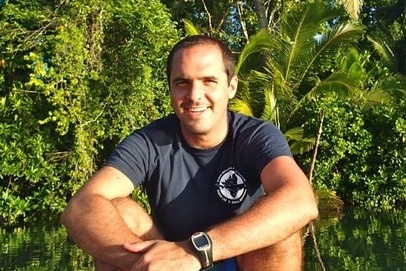
Diego Cardeñosa
Department of Biological Sciences – 2020-21
Dr. Cardeñosa uses molecular and forensic tools to fight the illegal trade in endangered sharks, from Hong Kong to Latin America. His latest focus is on understudied small shark fins, many of which are taken from protected species, and he has also proposed a study in coordination with several national governments in Latin America to develop new protocols for interrupting illicit trade in sharks and other species. Dr. Cardeñosa will be working with Dr. Demian Chapman in the Predator Ecology and Conservation Lab, and supporting the anti-trafficking efforts of the Tropical Conservation Institute and the International Forensic Research Institute.
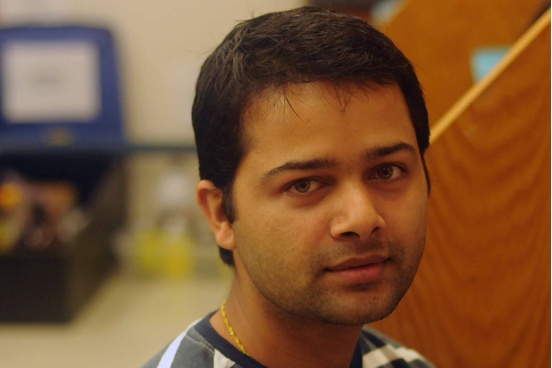
Popular Pandey
Department of Physics – 2020-21
Dr. Pandey, an experimental biophysicist, has focused his research in nanobiophysics, developing methods for using nanopipettes to manipulate materials at molecular scale. His continued work with Dr. Jin He’s Nano-Bio Research Lab and the Translational Molecular Discoveries program will use nanopipettes to perform surgical operations on single cells, gaining insights into the heterogeneity of genetics and structures within a cell. This minimally invasive and cost-effective approach to studying cells could also make it easier to study diseases and treatments.
2019-20 Cohort
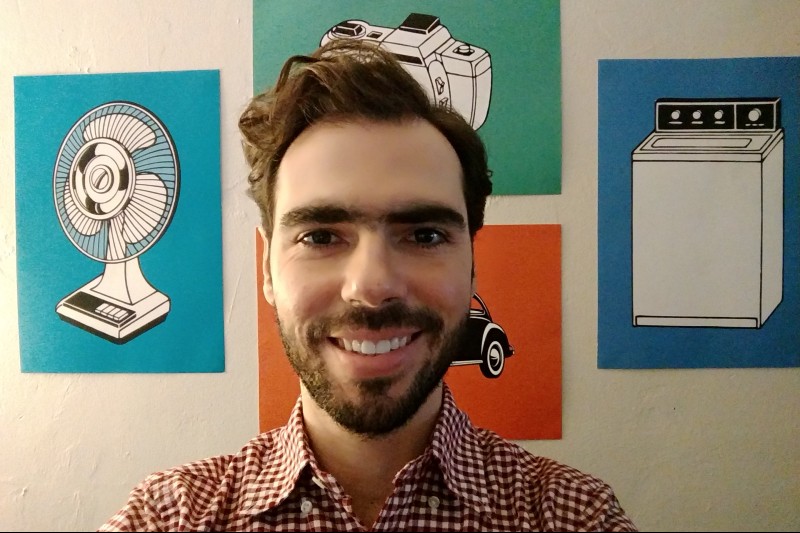
Marcus Vinicius Avelar
Department of English — 2019-20
Dr. Avelar is the inaugural Postdoctoral Fellow in Public Humanities in the Center for the Humanities in an Urban Context. With Dr. Phillip Carter, he is working on the implementation of the vision of the Center and on research related to Brazilian identity in South Florida. An ethnographer of language and social life, he is investigating the question of how Brazilianness figures in local constructions of Latinidad, how Brazilians orient to South Florida's Spanish-English bilingualism, and to questions of Portuguese as a heritage language and the Spanish-English-Portuguese language contact.
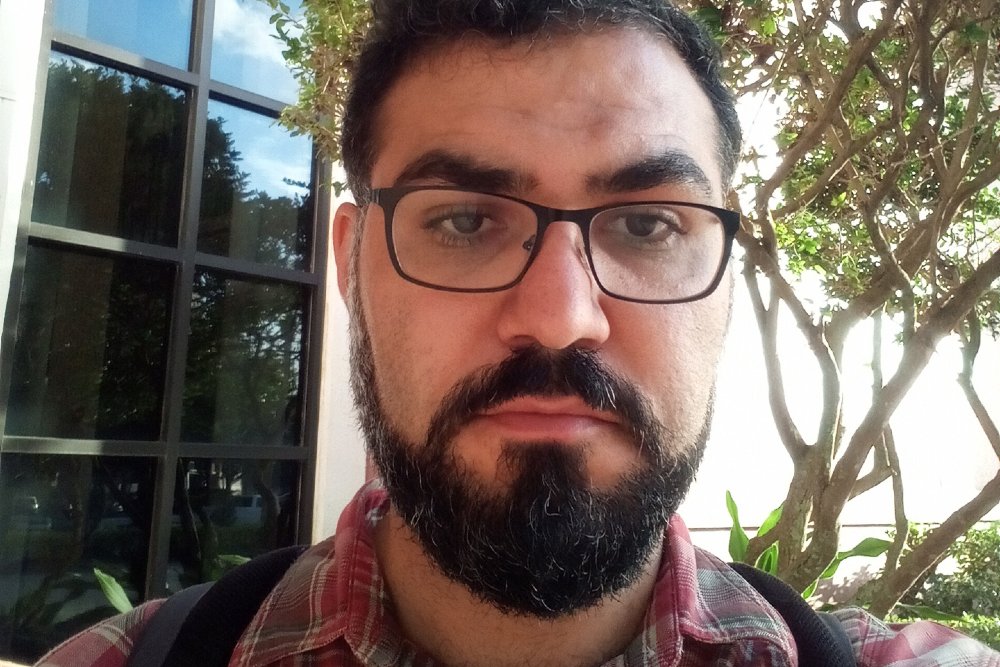
Saeed Moshfeghyeganeh
Department of Teaching and Learning — 2019-20
Dr. Moshfeghyeganeh is a physicist and physics educator whose interest lies in understanding the effect of culture on identity formation and intersection of multiple identities in pursuing physics. His current project focuses on congruity/incongruity of femininities and physics identities across different cultures. Women continue to be underrepresented in physics programs in the west while this is not the case around the globe. Working with Dr. Zahra Hazari, Saeed tries to understand cultural factors facilitating or impeding women and other minorities from pursuing physics while using this knowledge to improve diversity in the field of physics.
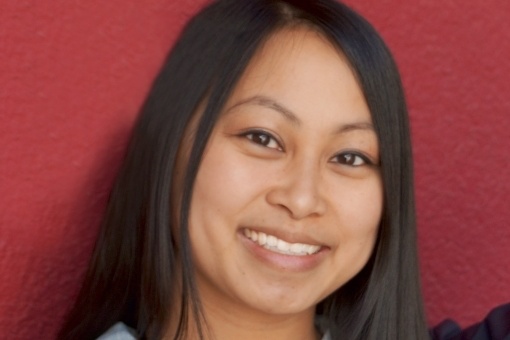
Juliet Wong
Department of Biological Sciences — 2019-20
Dr. Wong is interested in global change biology and understanding the processes by which organisms can respond to their changing environments. Her postdoctoral work with Dr. Jose Eirin-Lopez in the Environmental Epigenetics Lab is focused on the role of epigenetic processes in providing rapid phenotypic plasticity within coral reef ecosystems. Using sea urchins in Puerto Rico and reef-building corals in French Polynesia as model systems, she is investigating environmental-epigenetic linkages and how they affect marine ecology and evolution.
2018-19 Cohort
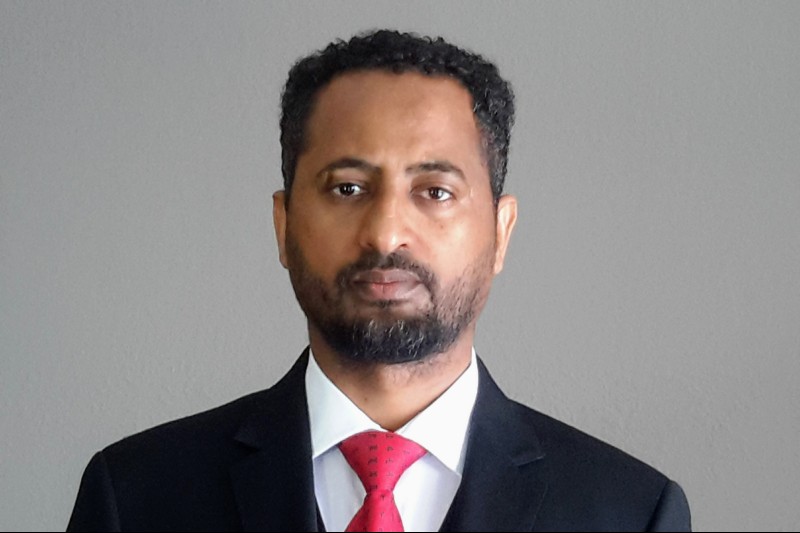
Woubet Alemu
Department of Earth and Environment — 2018-19, 2019-20
Dr. Alemu is interested in the synergistic use of satellite active/passive microwave and optical datasets, crop growth models, and in situ datasets to study cropland dynamics, crop production and yield estimation for food security in East Africa and elsewhere like the wetland dynamics in the Florida Everglades. He is focused on writing articles on cropland and grassland land surface phenology and seasonality in the Prairie Pothole Region of the USA using satellite passive microwave datasets and the USDA crop data layer (CDL). He works under the direction of Dr. Assefa Melesse.
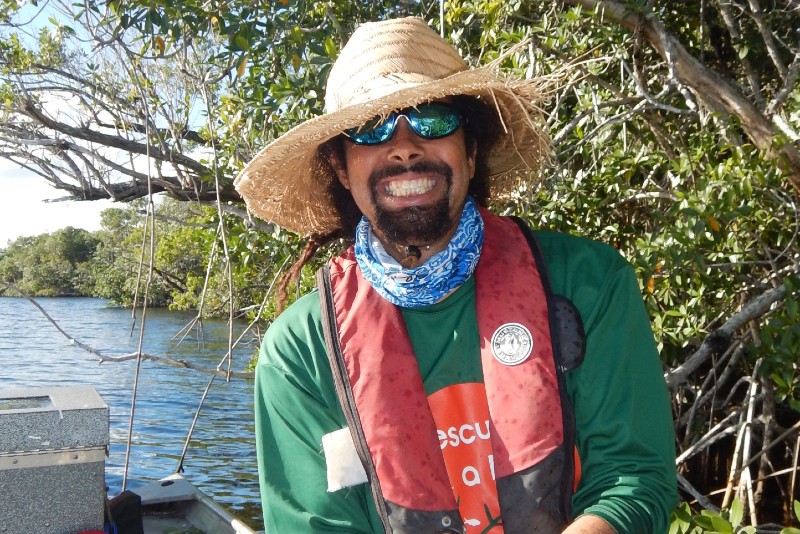
Rolando Santos
Department of Earth and Environment — 2018-19, 2019-20
Dr. Santos is a seascape ecologist with expertise in fish, fisheries, benthic, disturbance and spatial ecology. He works on two research projects in collaboration with Dr. Jennifer Rehage to investigate how the transformation of seagrass seascapes and the spatial distribution of algae blooms influence the movement, habitat use andfitness of recreational fish species. With Dr. Todd Crowl, he investigates the movement and distribution of shrimp in Puerto Rico streams. Both studies are designed to generate knowledge regarding how extreme climate events and other disturbances associated with climate change affect ecological processes, ecosystem functioning and services.
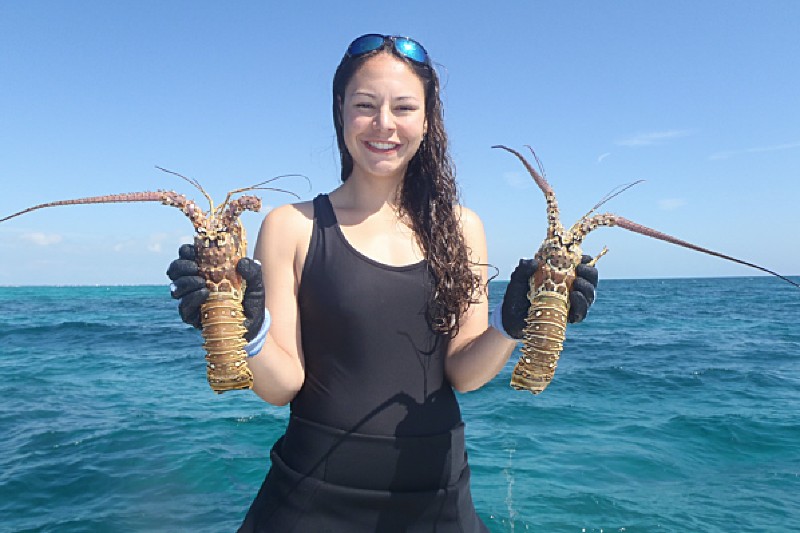
Lorian Schweikert
Department of Biological Sciences — 2018-19, 2019-20
Dr. Schweikert is a sensory neuroethologist, using integrative approaches to study visual system specialization in the marine world. In the open ocean - where there is seemingly no place to hide - deep-water shrimp use bioluminescent (or light-emitting) trickery to hide in plain sight. Working with Dr. Heather Bracken-Grissom, Lori pursues the long-sought-after mechanism by which these animals so precisely match their glow to downwelling light that their silhouette disappears when viewed from predators below. Over her career, Dr. Schweikert has studied fish, such as hogfish and tarpon, as well as zebra finches, chickens and whales.
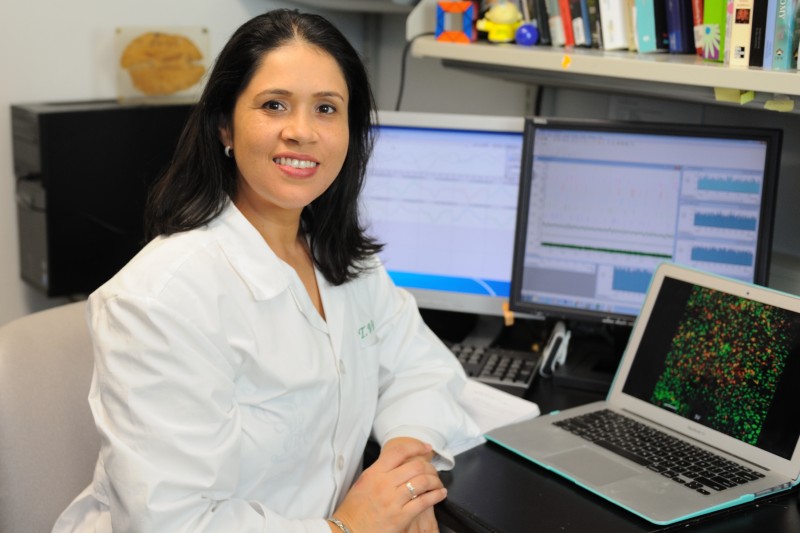
Tatiana Viena
Department of Psychology — 2018-19, 2019-20
Dr. Viena's main research interests include the anatomy and physiology of the midline thalamus and its role in memory, executive and attentional states. Her postdoctoral work focuses on investigating the influence of Nucleus Reuniens (RE) of the midline thalamus in the coordination of the medial prefrontal (mPFC)-hippocampal (HF) brain circuit using animal models, while also assessing RE’s role in the temporal organization of memory and behavior. Importantly, dysfunction of the mPFC-HF circuit is the hallmark of many mental disorders such as schizophrenia, OCD and ADHD. Dr. Viena works under the direction of Dr. Tim Allen, director of the Neurocircuitry & Cognition Lab in the Cognitive Neuroscience Program.
